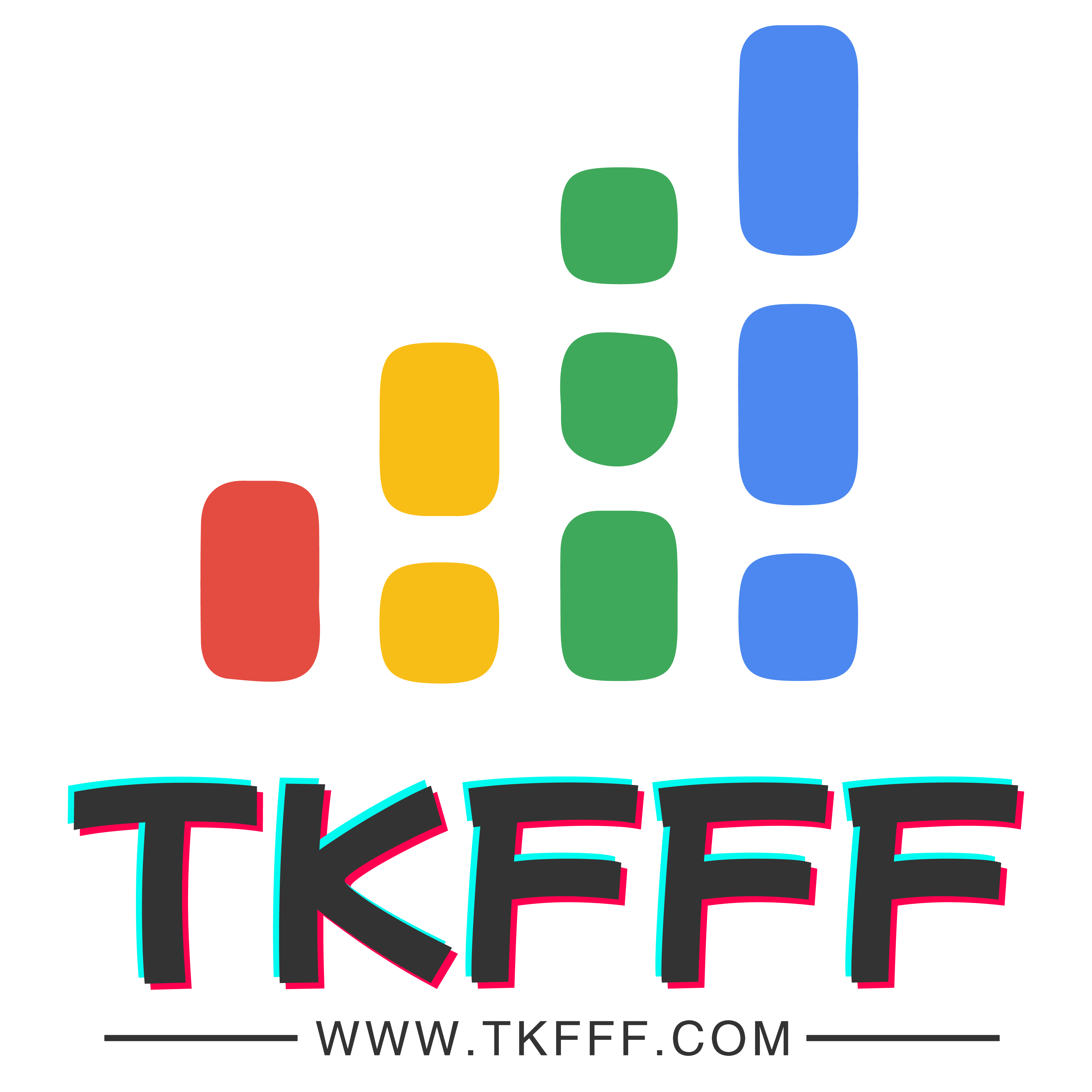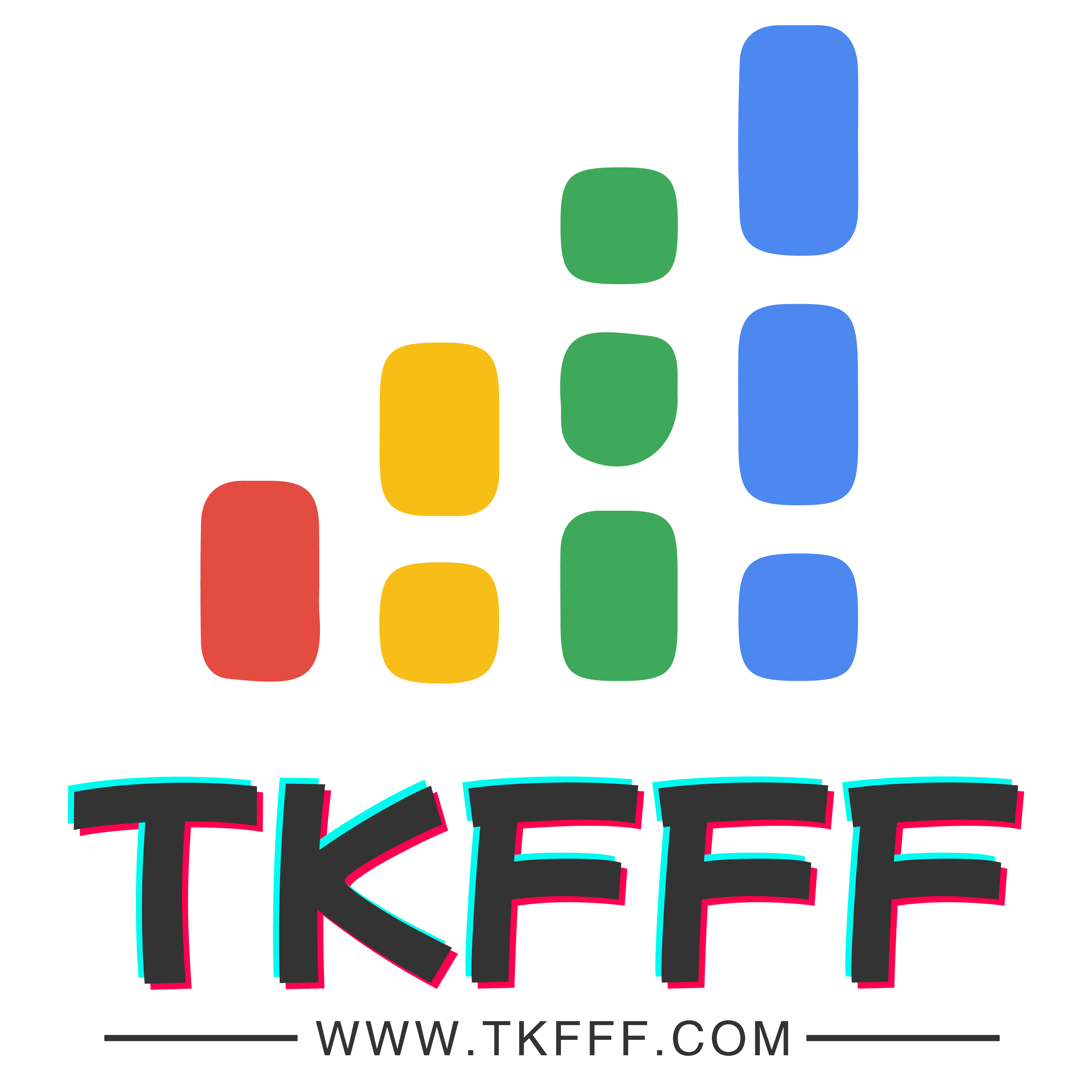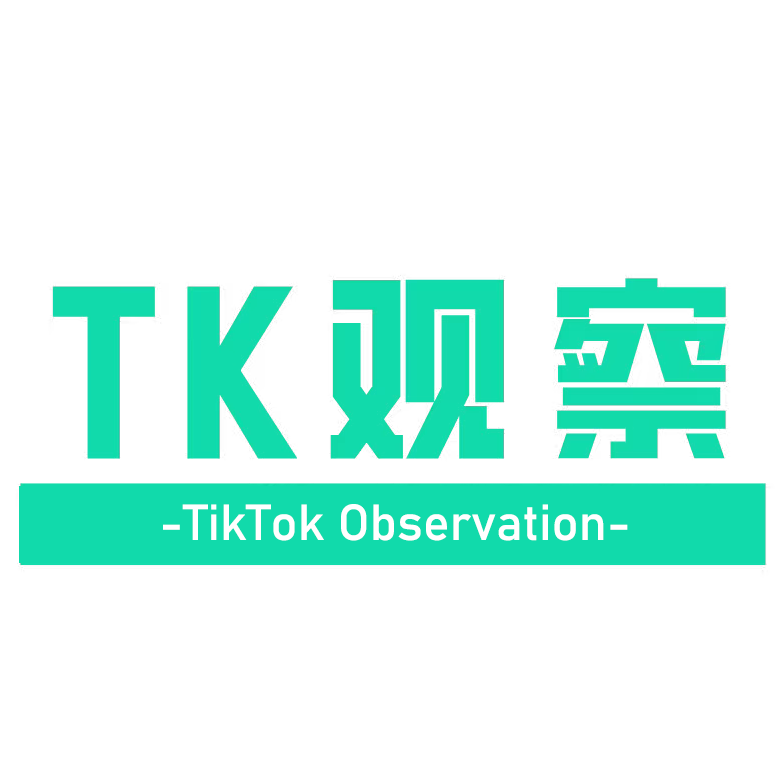Young people choose TikTok over BBC for news

TKFFF · 2024-02-28 18:16
 Four out of every 10 youngsters get their news from the Chinese app - monkeybusinessimages/iStockphoto
Twice as many young people get their news from TikTok than the BBC, a new report has revealed.
Over 40 per cent of 18 to 24 year-olds use the Chinese-owned app at least once a day to inform themselves about current events.
This is more than double the 19 per cent who reported that they go to the BBC for their news, according to a survey commissioned for strategic communications firm Charlesbye.
The report has raised concerns about the consequences of large numbers of people “dismissing regulated news sources” in favour of TikTok and other social media platforms.
It comes despite nearly two thirds of Gen Z claiming they were more likely to trust content from traditional news outlets than social media outlets.
But 37 per cent of young people admitted that social media feeds were still their primary news source, compared to 23 per cent preferring television channels and 13 per cent using newspapers.
Lee Cain, founding partner of Charlesbye, warned that the change in news consumption will lead to people “becoming more susceptible to fake news and conspiracy theories”.
“We are witnessing an increasingly fragmented news environment – with more channels, platforms and influencers all vying for consumers.
“This has resulted in a greater number of people dismissing regulated news sources in favour of echo chambers that reflect their existing views and prejudices.”
Mr Cain, a former Downing Street communications director, added: “These echo chambers will result in large sections of society becoming more susceptible to fake news and conspiracy theories – and we are already seeing its impact in everything from reduced vaccination rates to rising holocaust denial.”
In 2022, TikTok was forced to roll out measures to combat Holocaust denial on the app – after Unesco found 17 per cent of its content related to the topic either denied or distorted events.
Four out of every 10 youngsters get their news from the Chinese app - monkeybusinessimages/iStockphoto
Twice as many young people get their news from TikTok than the BBC, a new report has revealed.
Over 40 per cent of 18 to 24 year-olds use the Chinese-owned app at least once a day to inform themselves about current events.
This is more than double the 19 per cent who reported that they go to the BBC for their news, according to a survey commissioned for strategic communications firm Charlesbye.
The report has raised concerns about the consequences of large numbers of people “dismissing regulated news sources” in favour of TikTok and other social media platforms.
It comes despite nearly two thirds of Gen Z claiming they were more likely to trust content from traditional news outlets than social media outlets.
But 37 per cent of young people admitted that social media feeds were still their primary news source, compared to 23 per cent preferring television channels and 13 per cent using newspapers.
Lee Cain, founding partner of Charlesbye, warned that the change in news consumption will lead to people “becoming more susceptible to fake news and conspiracy theories”.
“We are witnessing an increasingly fragmented news environment – with more channels, platforms and influencers all vying for consumers.
“This has resulted in a greater number of people dismissing regulated news sources in favour of echo chambers that reflect their existing views and prejudices.”
Mr Cain, a former Downing Street communications director, added: “These echo chambers will result in large sections of society becoming more susceptible to fake news and conspiracy theories – and we are already seeing its impact in everything from reduced vaccination rates to rising holocaust denial.”
In 2022, TikTok was forced to roll out measures to combat Holocaust denial on the app – after Unesco found 17 per cent of its content related to the topic either denied or distorted events.
Legally bound
The BBC is legally bound to present news with “due impartiality” and to report it with “due accuracy”. The broadcaster, along with other news channels, is answerable to Ofcom on the question of impartiality and is expected to acknowledge and correct any “significant mistakes” on air. TikTok, as with any social media platform, is not bound by such rules with any of its hundreds of millions of users able to upload content. Several traditional media outlets, both broadcast and news print media, have set up channels on TikTok to appeal to a younger audience. BBC News has three million followers on the platform. TikTok was banned on UK Government devices last year, following a security review. It has also faced intense calls for a ban in the US over its links to China. The company that runs the social media platform has consistently denied that it is influenced by the Chinese government. The research, which involved more than 8,000 people, also raised concerns about the effects of deep fakes on the political landscape. Four focus groups were held where participants were shown online deep fakes of Sadiq Khan, the Mayor of London, and Labour leader Sir Keir Starmer. When asked for their opinions on what they had seen, all participants assumed that the material was genuine.Defending deep fakes
Participants continued to defend the sentiment of the material even after being told it was not real if it reinforced their existing values or prejudices, according to the report. Earlier this month, Mr Khan said that an AI-generated deep-fake audio of him making inflammatory remarks before Armistice Day almost “caused serious disorder”. Mr Cain said that it showed deep fakes, even if exposed not to be real material, “not only have the potential to spread disinformation but to further entrench and divide society, driving a wedge between opposing factions in what is an already polarised arena.” James Cleverly, the Home Secretary, this week warned in The Times that the world had entered an era of “deep fake and AI-generated content to mislead and disrupt” ahead of meeting tech company bosses. A spokesman for TikTok said: “As our popularity has grown, UK news organisations have also reached new audiences through our platform.” TikTok gave a list of news organisations that ue the site, including the Daily Mail with more than 10 million followers and 20 million fsollowers for the BBC across several accounts. [ad]文章来源:The Telegraph
TKFFF公众号
扫码关注领【2024年台历】

TKFFF合作,请扫码联系

文章来源: 文章该内容为作者观点,TKFFF仅提供信息存储空间服务,不代表TKFFF的观点或立场。版权归原作者所有,未经允许不得转载。对于因本网站图片、内容所引起的纠纷、损失等,TKFFF均不承担侵权行为的连带责任。如发现本站文章存在版权问题,请联系:1280199022@qq.com
分享给好友:











